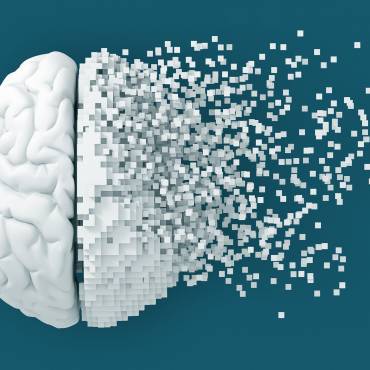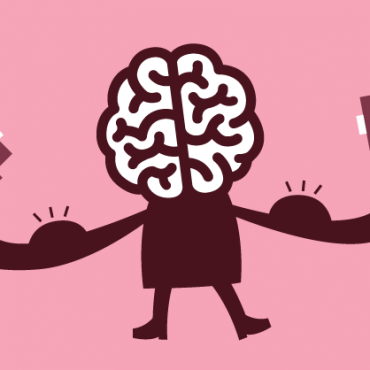Can brain activities reduce the risk of developing dementia? OR, Can mental activities stimulate the brain function of people with dementia? This article outlines the part that certain brain exercises can reduce the risk of dementia which plays a role in a healthy lifestyle.
Role of Mental Exercise in Reducing the Risk of Dementia
Keeping the brain active means building reserves of healthy brain cells, therefore, the role that brain exercises play in reducing the risk of Alzheimer’s disease and other forms of dementia has been a topic of considerable research. According to various clinical studies, engaging in more mentally stimulating activities is associated with a better cognitive function which ultimately contributes to a reduced risk of developing dementia. When people keep their minds active, their memory and thinking power are less likely to get affected with age and with dementia such as Alzheimer’s. The mental workout may build brain reserves that helpful in compensating for the damage caused by Alzheimer’s disease. Once the brain begins to function properly, the onset of dementia may be delayed.
What type of exercise required for the brain?
In order to remain proactive in your fight against dementia, it is important to exercise your brain with the right type of brain enhancements. You may want to focus on exercises that help to overcome the problem. Brain activities use more of your brain and keep it sharper. Games, puzzles, and other types of brain training may help improve thinking and slow memory loss and other mental problems. According to the research studies, people who took the training showed improvement in everyday tasks such as the ability to manage money and do house chores. One study found that exercising the brain prevent declined memory. So, one with dementia should work on memory and building strong connections. Brain exercises to improve memory are one of the best tools to recall declined memory. There are many minds exercise you can do to keep you sharp and healthy, the top 5 exercises that are fun for the brain are:
Brain Activities to Prevent Dementia
No single mind activity keeps your brain attentive, you need to have a group of exercises to keep your brain sharp. Start with the one which one you like the most and start having fun. It helps your brain to function well. Mental exercises should be an enjoyable part of life. Mental activities may be beneficial when they involve learning and complex things that make you engage frequently. Some activities that involve brain workout, and have been associated with reduced the risk of dementia are:
- Reading books, or writing
- Work on crosswords
- Sudoku and other kinds of puzzles
- Playing musical instruments like piano
- Learning a new language
Also Read: 5 Myths about Alzheimer’s disease Debunked
Most of these activities involve social interaction and physical activity as well. Research studies suggest that the combination of mental, physical, and social components in activities offers the greatest benefits when it comes to reducing the risk of developing dementia. Brain training games or exercising the brain has not been proven to prevent dementia; it may only delay the onset of dementia due to Alzheimer’s.
Benefits of Mental Exercises with Dementia
Research studies suggest that exercising the brain can improve the thinking capacity and memory of people with dementia. Regular brain training slows the rate of cognitive decline and improves the quality of life of people with Alzheimer’s disease. There is evidence that the decline in cognitive function in people with dementia may be delayed by continuing use of brain stimulating activities. Brain activities are a kind of natural dementia treatment. People having dementia should be encouraged to carry on their hobbies and favourite brain activities. For people with dementia, it is important to involve mentally and physically for good cognitive function and mental wellbeing.
Keeping involved and active in the things you enjoy is extremely important if you have dementia. Rather than giving the activity which you find difficult, consider modifying the activity or break it into manageable parts. Prefer not choosing those activities which are beyond your capabilities because this may result in frustration and a sense of failure.



